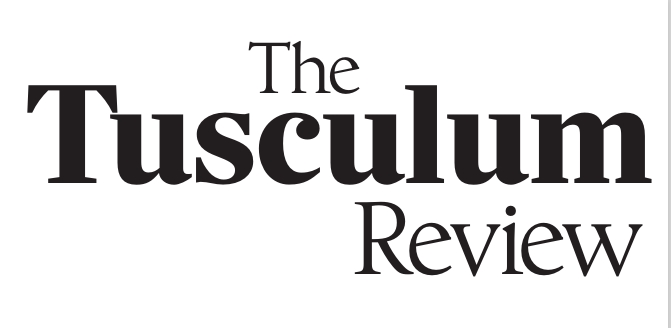The Tusculum Review has hosted contests in multiple genres for 21 years. In 2020, we added the publication of a stand-alone chapbook with original art to the now $1,500 award. Since then, we’ve celebrated and published the chapbooks of two fiction writers, two essayists, and two poets. We’ve brought to campus for the live chapbook launch those prizewinners able to travel, providing airfare and lodging.
We’ve received between 99 and 233 contest entries each year—The Tusculum Review Chapbook Prize is a genuinely winnable contest. For the $20 entry fee, all entrants receive a copy of our annual journal—thick with a diversity of voices and styles, thoughtfully-designed, with full-color commissioned illustrations. We keep entrants abreast at every stage of the contest process. We choose, celebrate, and announce 8-20 finalists on our website and social media. We offer some finalists publication in the journal issue, and our judge blurbs both the winner and any runners-up. In 2024, final judge Mary Cappello recorded an interview with one of our student editors to announce and praise the winner and honorable mentions. This year, 2025, final judge Jaime Cortez did the same. Student editors will be interviewing and profiling the winner and published finalists of our 2025 contest for author profiles in the journal issue and on the website.
All submissions are read blind and rated by a minimum of eight editor readers (the journal’s genre editors and student editors) who are trained to evaluate not for personal taste but for craft quality and to look for literary relevance and singularity. The readers agree upon eight to twenty finalists at an hours-long editorial meeting. The final judge reads the finalists blind and makes their prizewinner and runners-up selections without influence. Finalists are announced within three weeks of the contest’s closing date, the prizewinner by early August. For further information about our judging process, email review@tusculum.edu.
Entry fees go to the prize purse, the chapbook publication, the judge’s honorarium, the launch event, prizewinner travel, and—in the never-yet event of a surplus—an update to our Publications Lab equipment to benefit our largely first-generation staff of undergraduate student editors. Participation in the Tusculum Review chapbook contest supports one of the rare creative writing programs in the country where undergrads staff an international literary journal. Due to their truly immersive collaboration with faculty and genre editors on the journal’s content and design, past staffers have gone on to become literary heavies: Nepali student Anup Kaphle (’08) is Editor-in-Chief of Rest of World, and Justin Phillip Reed (’13) won the National Book Award for Poetry in 2018.
